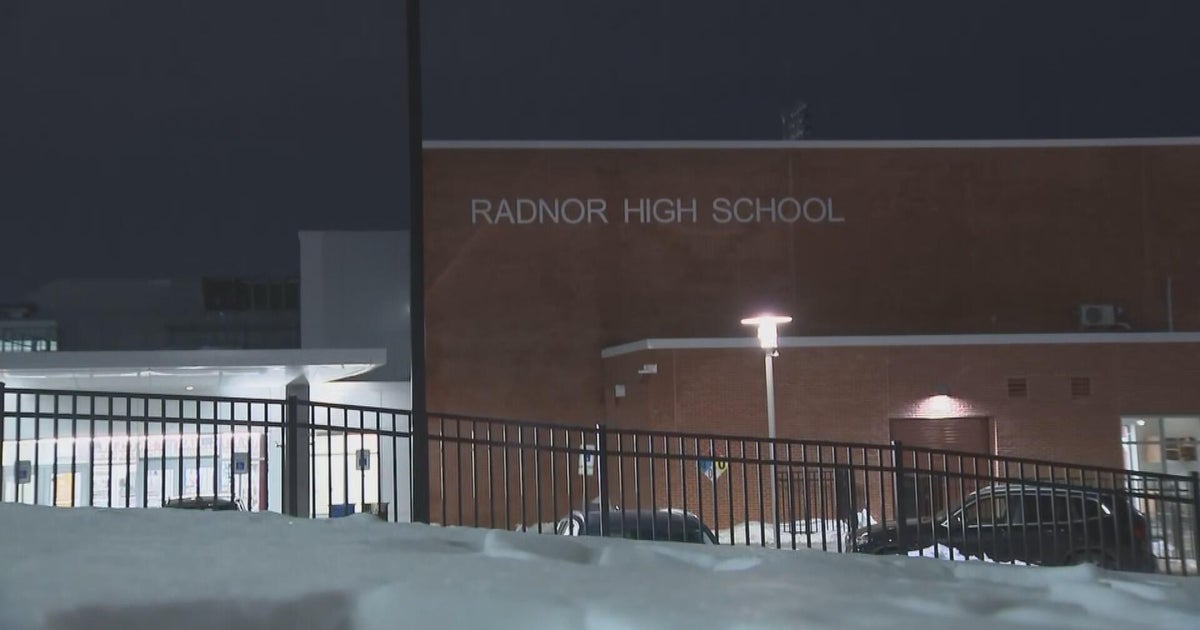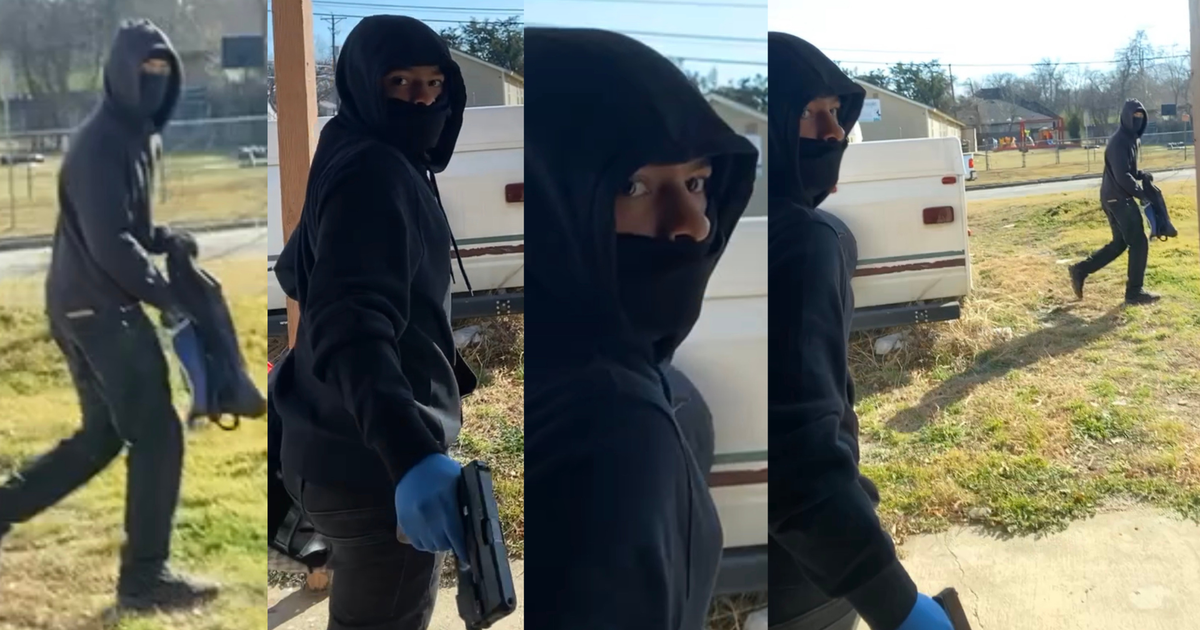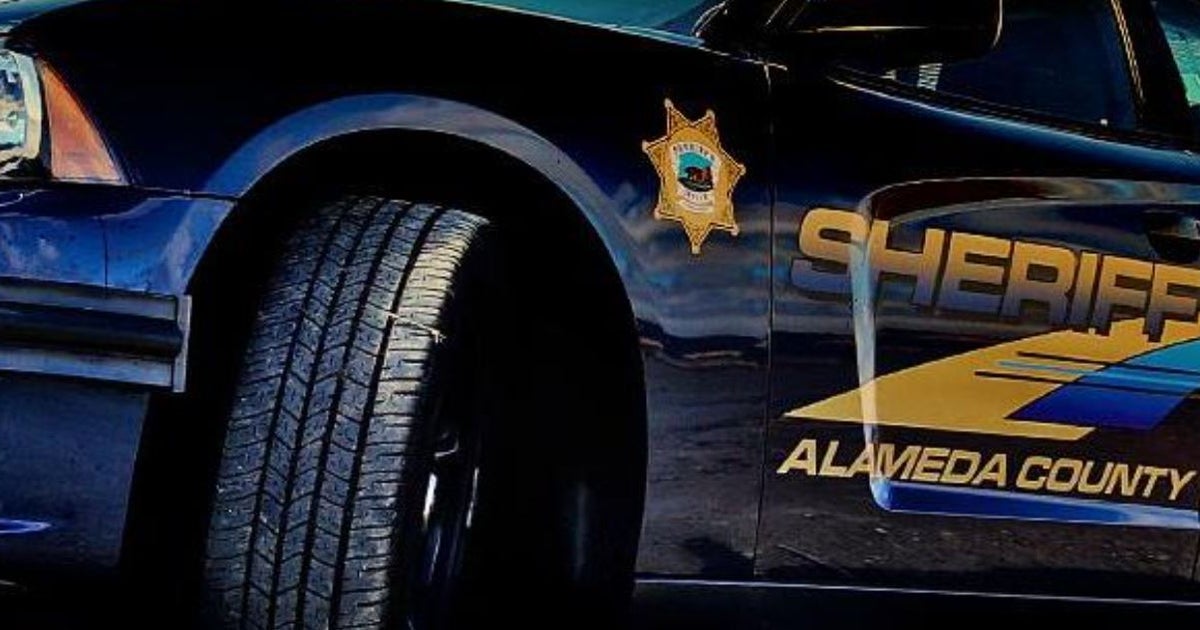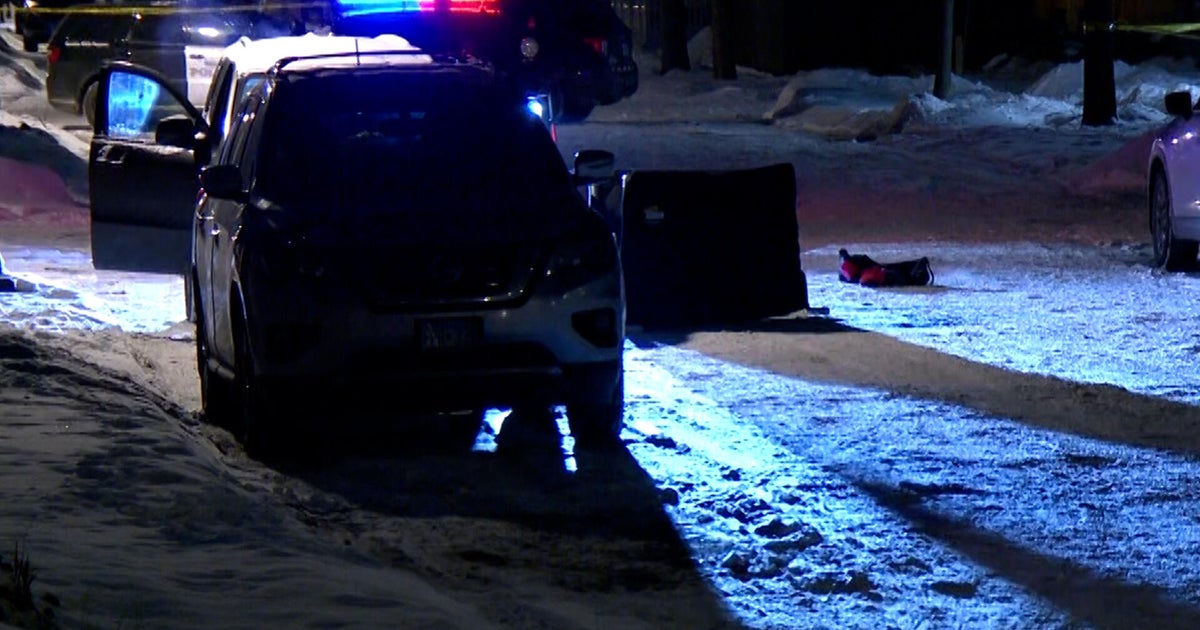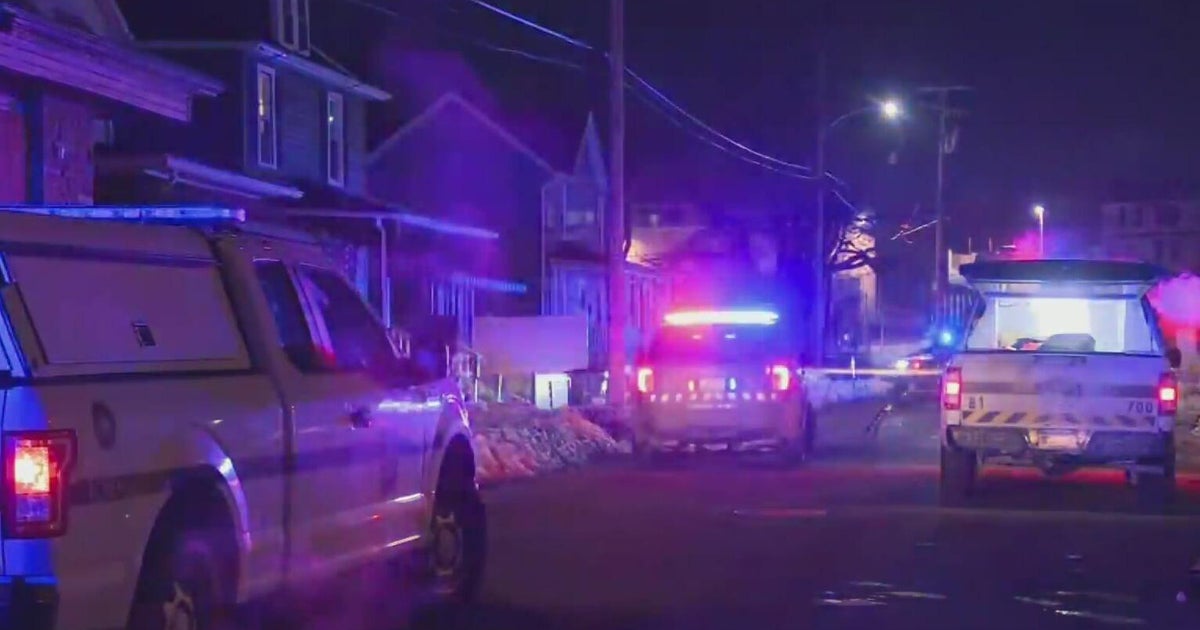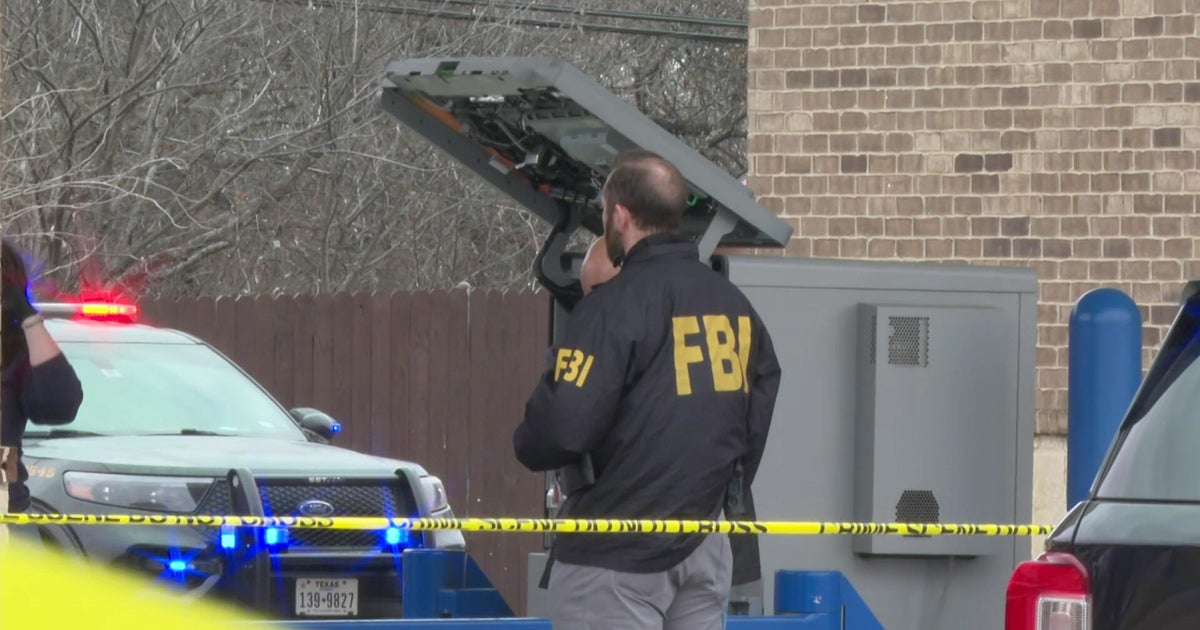Hennepin Co. Attorney: No Charges To Be Filed In Jamar Clark Shooting
MINNEAPOLIS (WCCO) -- Hennepin County Attorney Mike Freeman announced Wednesday morning that his office will not charge the two Minneapolis police officers involved in the fatal shooting of 24-year-old Jamar Clark.
In a lengthy press conference, the county attorney detailed the timeline of the Nov. 15 shooting and the legal requirements to bring charges against the officers. Freeman then announced his decision that criminal charges are not warranted against Officers Dustin Schwarze and Mark Ringgenberg.
The county attorney said he based his decision on evidence supporting the officers' claims that Clark grabbed one of their guns, that Clark was not in handcuffs, contrary to what some witnesses claimed, and that the officers acted within the bounds of the law.
Related: Hennepin Co. Press Conference Documents/Evidence
Following the announcement, members of Black Lives Matter, the Minneapolis chapter of the NAACP and other community members expressed frustration and outrage. One person yelled to Freeman that "if the city burns, it's on [his] hands." Others said that the story presented by authorities did not properly take into account the testimony of community members.
In response, Freeman said that his job is not to run the police department or the judicial system.
"My job," he said, "is to do the county attorney's work as fairly as I can."
Charles Samuelson, the executive director of the Minnesota chapter of the ACLU, said in a statement that he appreciated Freeman's transparency, but he felt the police should have allowed more time to address the situation.
"Without compromising public safety or the safety of officers, police departments need to push a model that focuses on de-escalation training, one that allows for more time to assess and better deal with the situation," Samuelson said in a recent press release. "Law enforcement departments around the world do not kill their citizens at the rate we do in the United States."
Related: Social Media Reactions To Jamar Clark Case Decision
During his hour-long announcement, Freeman detailed the independent investigation of the shooting conducted by the Minnesota Bureau of Criminal Apprehension. He said Schwarze and Ringgenberg were called to Plymouth Avenue in north Minneapolis early on Nov. 15 after paramedics reported that Clark, who was a suspect in an assault on girlfriend, was interfering as an ambulance tried to bring the victim to the hospital.
When the officers approached Clark, he was taking his hands in and out of his pockets, Freeman said. Ringgenberg then tried to restrain Clark by bringing him to the ground and pressing his weight against him. Before handcuffs could be put on, Clark grabbed Ringgenberg's gun, which was on the officer's service belt.
"He's got my gun," Ringgenberg said, according to the county attorney. Both officers told Clark to let go of the gun before Schwarze shot Clark in the head, reporting that he feared for Ringgenberg and his safety, as well as those around them. Clark died the next day.
Related: Timeline Of The Jamar Clark Case
During this confrontation, which lasted a total of 61 seconds, Clark told the officers that he was "ready to die," Freeman said.
The county attorney added that the investigation showed that Clark's DNA was on the grip on Ringgenberg's gun. Also, photos of Clark's wrists showed no bruising, suggesting that he was never in handcuffs. All of the evidence, Freeman said, will be available for the public to see later on Wednesday, including videos from the scene.
The claims of witnesses that Clark was in handcuffs at the time of the shooting were not supported by evidence and were themselves contradictory, Freeman said. He noted, however, that contradictory witness accounts are common when it comes to traumatic events.
A protest in response to the county attorney's decision was planned for Wednesday evening in downtown Minneapolis.
Related: Previously Unreleased Jamar Clark Videos
In the immediate aftermath of Clark's death, there were waves of protests, including an 18-day occupation of the area surrounding the Minneapolis Police Department's 4th Precinct, a march that briefly shut down traffic on Interstate 94 and a rally at the Mall of America and the Minneapolis-St. Paul International Airport.
Protesters initially called for an independent investigation into the shooting, grief counselors for the family and the release of dashcam footage of the incident. The first two requests were granted soon after Clark's death, but authorities waited to release the video until Wednesday, after the investigation was complete and the decision on charges was made.
Earlier this month, Freeman announced that he would make the decision himself on whether or not to charge Schwarze and Ringgenberg. Initially, the county attorney had said the case would go before a grand jury, an institution that has received scrutiny following a national string of high-profile police shootings where officers were not charged in the deaths of black men.
Meanwhile, the Justice Department is conducting its own investigation into Clark's death. A spokesperson for the department said investigators are looking to determine if police violated any federal civil rights laws.
The ongoing and vocal protests following Clark's death prompted city and state leaders to address the state's well-documented disparities in jobs, housing and education. Recently, Gov. Mark Dayton has proposed millions in spending on job and education programs to help Minnesota's black community get a foothold and be part of the state's prosperity.
